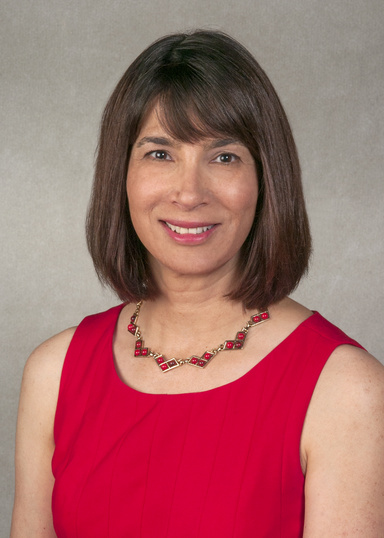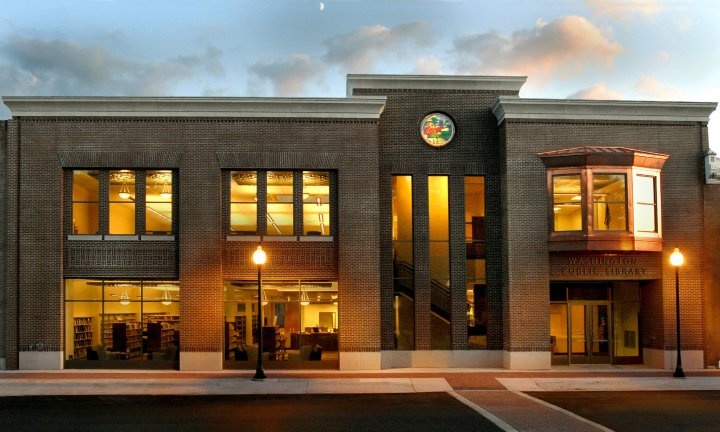University of Iowa marketing students are using their newfound expertise to help a pair of eastern Iowa towns build their economies by attracting new employers and new residents.
The undergraduate students are marketing majors in the Tippie College of Business who are participating in the Marketing Institute, a program that operates like a consulting firm of sorts, to give students the opportunity to help local businesses and organizations strengthen their operations.

“The students focus on the many aspects of marketing, particularly developing critical thinking and problem solving skills,” says Peggy E. Stover, a lecturer on the marketing faculty and director of the Marketing Institute. “Teams of four students each work like a high performance consulting team and translate their research and findings into ideas and recommendations for the client. As students come to discover, working on field projects with real clients is but a few steps away from an actual professional career.”

To read several related stories, see UI partners with the city of Washington, Iowa, Launching a public partnership, and Reinforcing a commitment to the public.
This year, two of the teams are working on economic development projects in Muscatine and Washington. In Muscatine, students are helping local development officials on a new branding project designed to persuade more of the professionals who work in Muscatine to live there, too. More than 60 percent of Muscatine’s workforce lives more than 20 miles away from the city—with many of them commuting as much as 45 minutes a day one way—and local officials would like more of them to live in Muscatine.
“They want to know what these young professionals are looking for in a community and what it would take for them to relocate to Muscatine,” says Kaileigh Ceurvorst, a student in the Marketing Institute.
The students on the Muscatine project are talking with employees of major companies in town who commute from Davenport, Bettendorf, and Iowa City to find out why they are willing to drive so far to work everyday. They sent selected employees a survey in the fall that generated more than 400 responses, and will conduct focus groups this spring, with a final report presented to the Muscatine Mayor’s Community Improvement Team in April.
“The U of I team has been excellent to work with,” says Greg Jenkins, of the Greater Muscatine Chamber of Commerce and Industry. “They put together a project plan from which to work, they have followed it, and they are working very hard to bring to bear their talents and skills to provide an end product they can be proud of and we can use.”
Bre Tobin, another student on the Muscatine project, says the research so far shows city’s current brand identity—“The Pearl of the Mississippi”—has little resonance with young people. She says the brand was developed to reflect the fact that pearl button manufacturing from oysters harvested from the Mississippi River was once one of the biggest industries in the city. But the industry died many decades ago with the oyster population, so the brand means little to people who don’t remember it.
“Older populations are attached to it, but it doesn’t appeal to younger professionals,” says Tobin.
Meanwhile, in Washington, the Marketing Institute students are working as part of a broader program involving the UI’s Iowa Initiative for Sustainable Communities that addresses various social, cultural, environment, and educational priorities in Washington. The students focus is on developing a new brand campaign for the Washington Chamber of Commerce. They mailed surveys, talked with residents, looked at branding campaigns of similar cities, and developed several taglines for chamber officials to consider. In addition, the students will provide ideas to articulate the new brand strategy across multiple platforms including marketing collateral material, social media, website, and traditional advertising.
They will also present their findings at the end of the spring semester.
“Working with a real client has been a great experience, and it’s shown how to implement what we’ve learned in the classroom,” says Dylan Diewold, one of the Marketing Institute students on the Washington team. “It makes more sense when you’re actually out there and doing the work.”